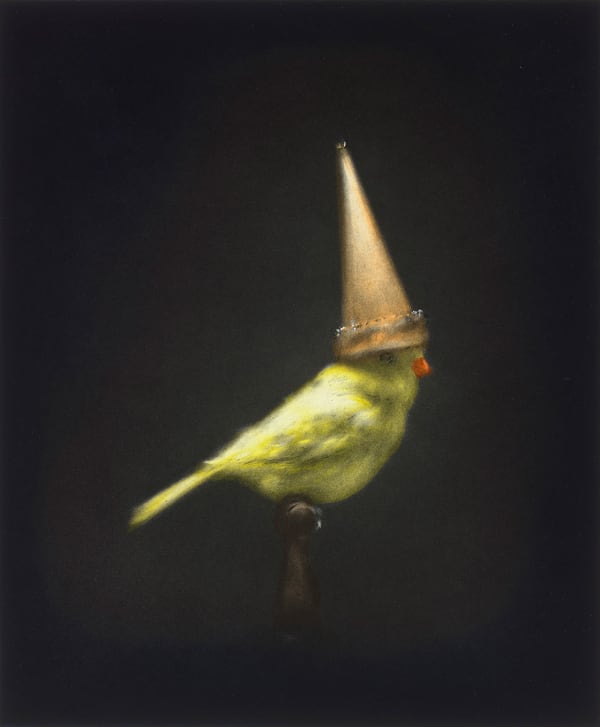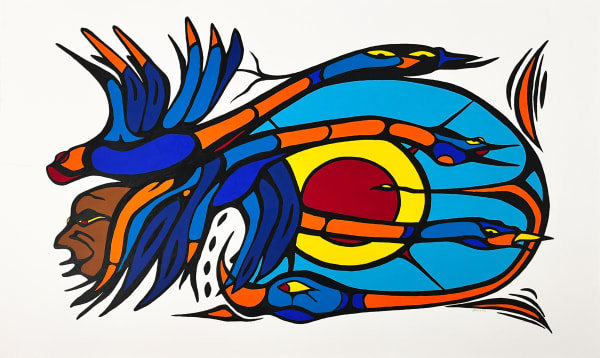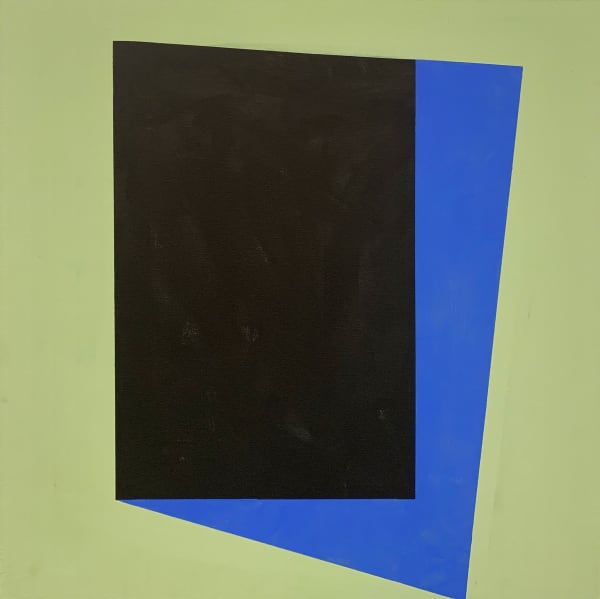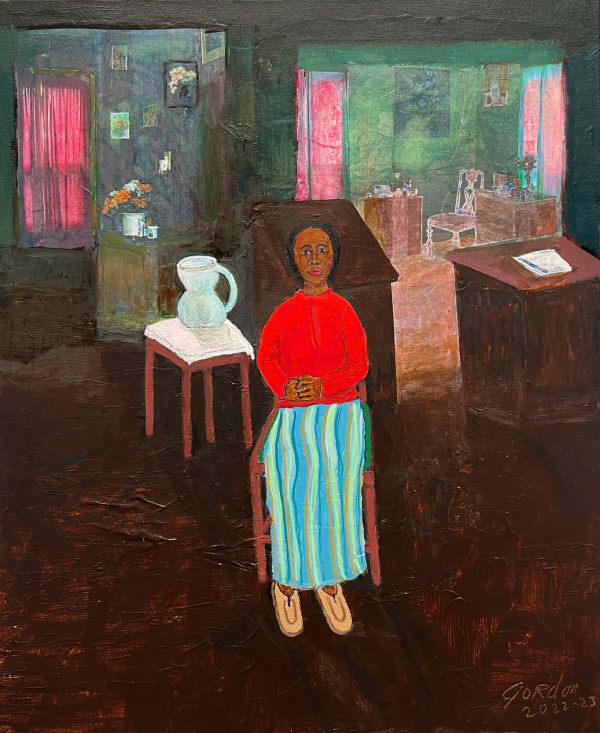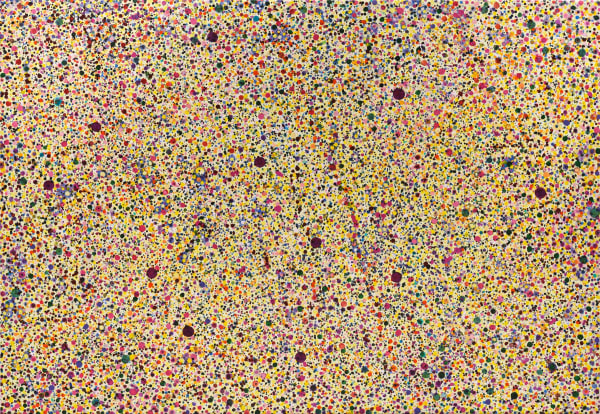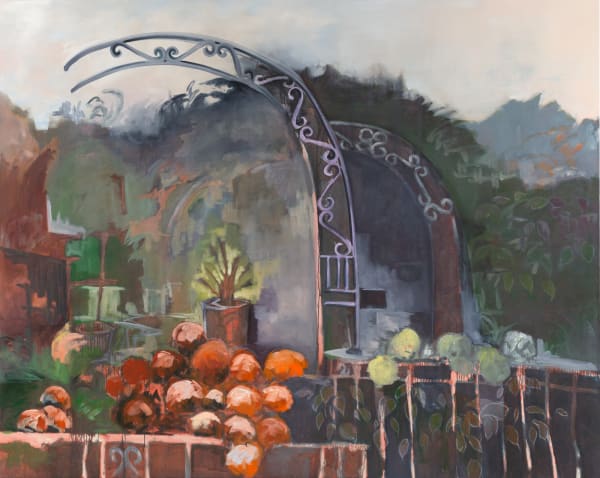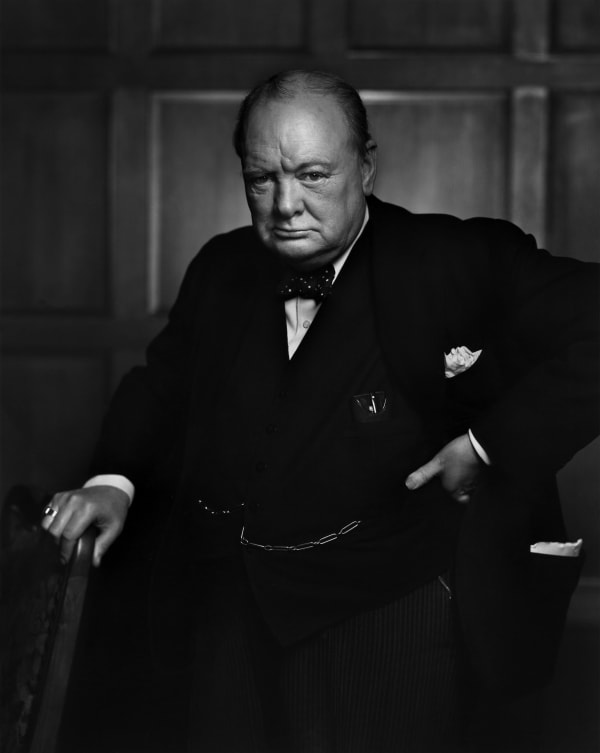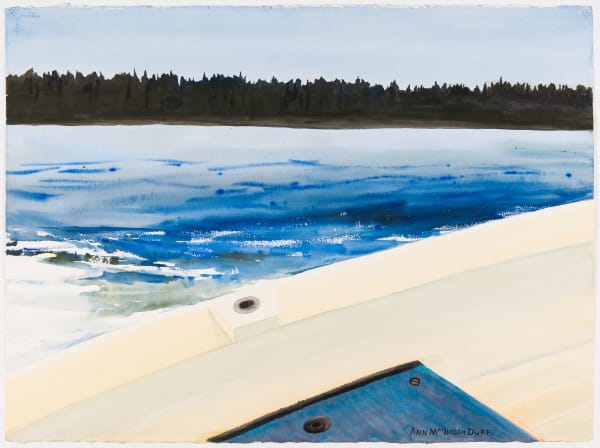Gallery artists
-

Shelley Adler
-

Juliette Agnel
-

Stephen Appleby-Barr
-

Matt Bahen
-

Joachim Bandau
-

Charles Bierk
-

Steven Brunelle
-

Bobbie Burgers
-

Edward Burtynsky
-

Steve Driscoll
-

Ric Evans
-

Owen Gordon
-

Greg Hardy
-

John Hartman
-

Landon Mackenzie
-

Medrie MacPhee
-

Linda Martinello
-

Charles Meanwell
-

Emmanuel Osahor
-

Ned Pratt
-

Ben Reeves
-

Sebastião Salgado
-

Moses Salihou
-

Matthew Schofield
-

Michael Smith
-

Jinny Yu
Estates


